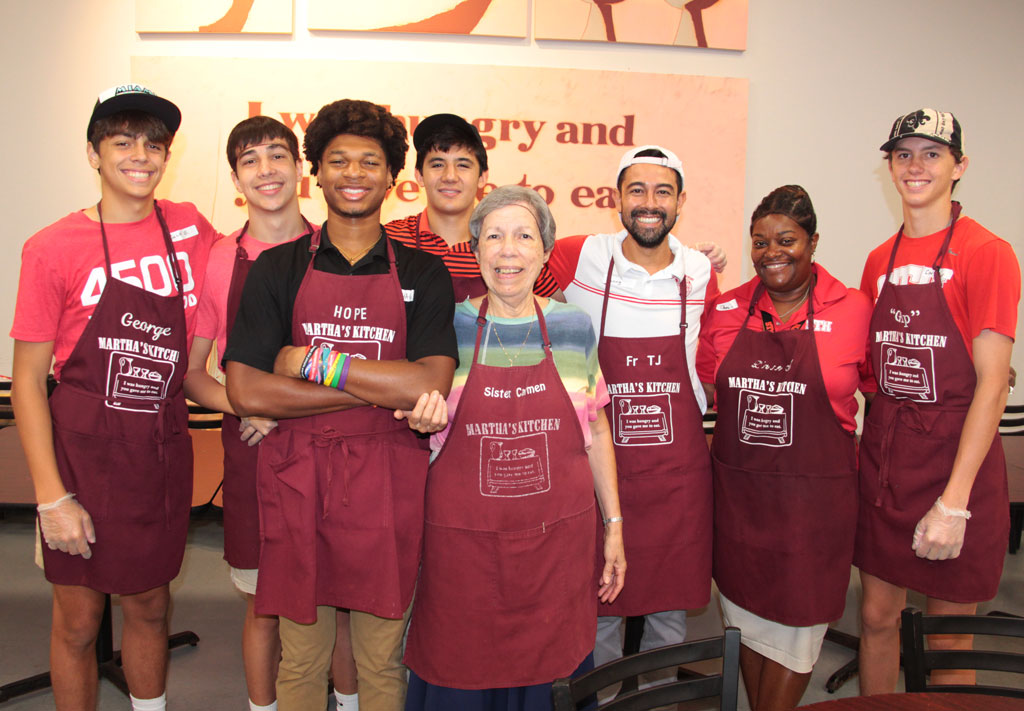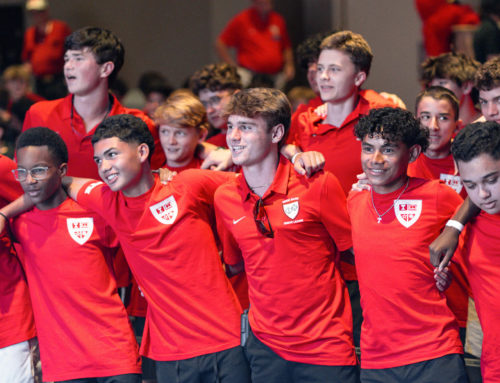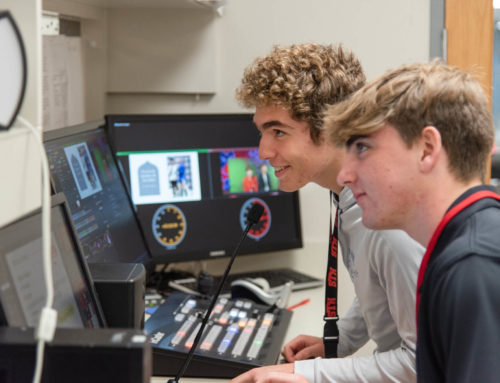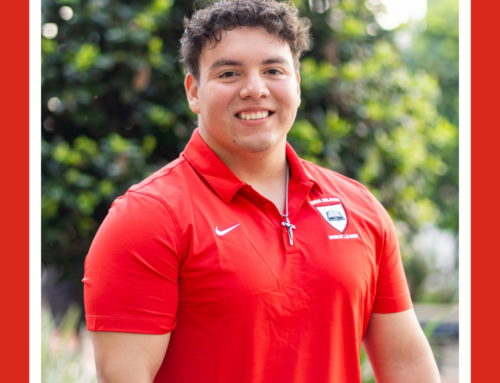Students Should Focus on Both
During their crucial high school years, students should prioritize community service alongside their studies, extracurricular activities, and leadership roles within the school. Service to others offers a wide array of benefits for high schoolers, from personal growth to academic improvement, social development, and even career exploration and community engagement. At many private or religiously affiliated schools, volunteer hours might also be a key pillar of the educational experience, supporting the religious tenets of benevolence, altruism and faith in action.
According to U.S. News and World Report, “Some high schools require students to accumulate a certain amount of service-learning hours in order to graduate, but students should welcome opportunities to volunteer even when it’s not required, experts agree.
Volunteering presents a tangible way for students to make a positive impact in their community and help organizations accomplish their missions, all while bolstering students’ resumes for college applications and jobs.”
In other words, the impact of service can stick with students long after high school, contributing significantly to their overall development and success.
Community Service Pays Off
Let’s delve into why service holds significant value for high school students:
Skill Development: Volunteering is an opportunity for skill enhancement beyond the classroom. It provides a platform to refine communication, leadership, and teamwork. Students can hone problem-solving abilities, master time management, and develop organizational skills, contributing to their overall personal and professional growth.
Community Connection: Service goes beyond simple assistance; it fosters a deeper connection to the social fabric of the local community. It can help students understand their responsibility to society and fosters a sense of duty by exposing them firsthand to marginalized groups and communities that lack the same privileges.
Personal Growth: Giving selflessly serves as a catalyst for personal development. It offers opportunities for students to confront challenges, build self-confidence, enhance empathy, and cultivate resilience.
Networking Opportunities: Engaging in service broadens social circles and facilitates valuable connections. Students can interact with diverse individuals, including professionals and community leaders, paving the way for future academic pursuits, internships, and career opportunities.
Academic Enrichment: Community service adds depth to academic learning by providing real-world applications of theoretical knowledge. It fosters a deeper understanding of social issues, cultural diversity, and global perspectives, enhancing the educational experience and preparing students for future challenges.
Career Exploration: Service can offer insights into various industries and career paths. Students gain valuable experience and insights that can inform future career decisions, helping them explore interests and passions while building relevant skills.
Personal Fulfillment: Volunteering provides a sense of fulfillment derived from making a tangible difference in the lives of others. Whether assisting at a food bank, teaching literacy or organizing community events, each volunteering opportunity brings satisfaction and contributes to a sense of purpose and fulfillment.
College Applications: Finally, as a practical matter, community service distinguishes applicants in the competitive college admissions process. It demonstrates a genuine commitment to community service and showcases leadership skills, compassion, and dedication to positive change, making candidates more appealing to admissions committees.
The Faith Component
When it comes to private Catholic college preparatory schools, many often require students to volunteer for reasons that align with the core values and teachings of the Catholic faith, including:
Expression of Faith: Catholic schools encourage students to embody their faith through action. By incorporating volunteer work into their curriculum, students are given the opportunity to actively demonstrate the values of compassion and service taught by Jesus Christ.
Promotion of Social Justice: Catholic teachings stress the inherent dignity of all individuals and the importance of striving for justice and equality. Through the promotion of service, schools empower students to address societal issues such as poverty and injustice, aligning with the Catholic commitment to creating a fair and compassionate world.
Character Formation: In Catholic education, character development is paramount. Volunteer opportunities allow students to cultivate virtues like generosity, empathy, and humility, shaping them into compassionate and morally upright individuals – and most importantly, compelling the mindset shift to truly be “the hands and feet of Christ.”
Integration of Faith and Action: Catholic schools aim to integrate faith into every aspect of student life. By participating in volunteer work, students actively live out their faith, bridging the gap between theory and practice and deepening their understanding of religious teachings.
In summary, requiring students to volunteer in Catholic high schools reflects the belief that service is an essential expression of the Catholic faith and an integral part of a complete, well-rounded education that seeks to develop students’ moral, spiritual, and social dimensions.
Here at St. Thomas
At St. Thomas High School, a private, Catholic college prep school for boys in Houston, Texas, students are required to take part in six service experiences within the academic year. At least three experiences involve interacting with and serving the poor and/or vulnerable, with the remainder supporting the community/greater good in general.
There are dozens of volunteer opportunities from which to choose, from serving meals to the needy to helping victims of a natural catastrophe to working in an animal shelter to organizing a Christmas donation drive. All volunteer experiences foster teamwork, leadership, service, spirituality and faith in action – and are a central part of a superior St. Thomas education.
For more information about what makes a St. Thomas High School education different and special, please explore the rest of our website sths.org.








